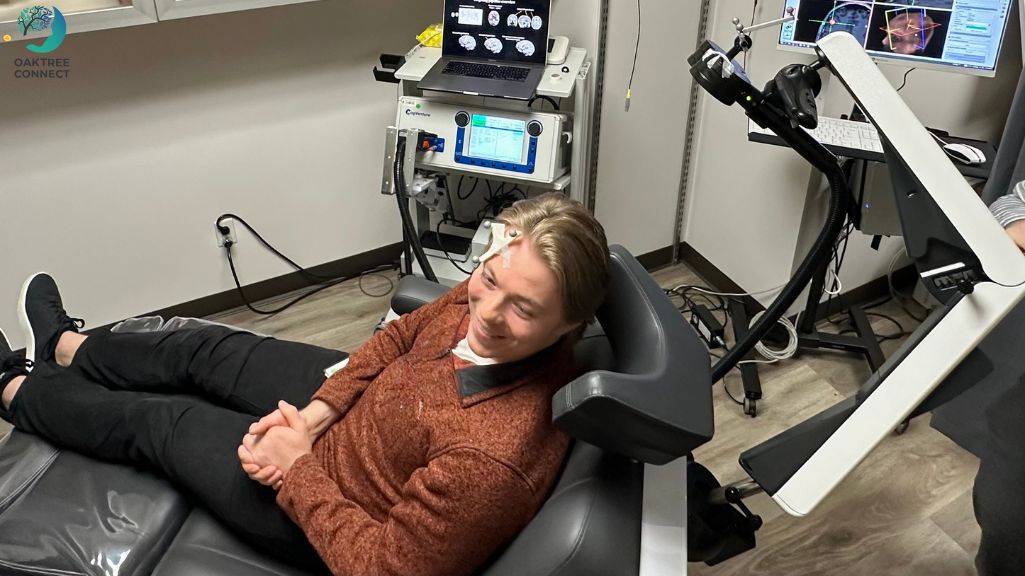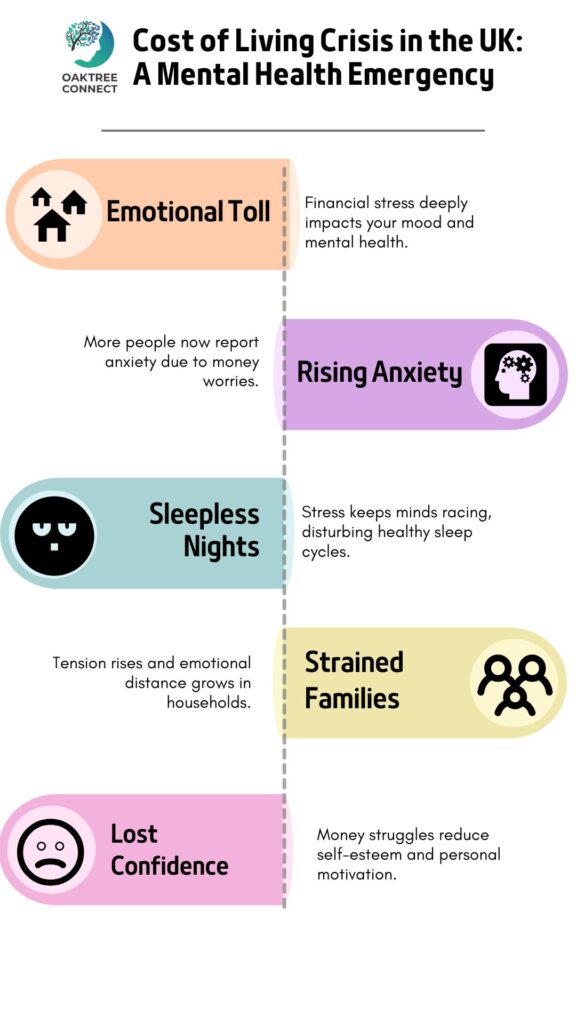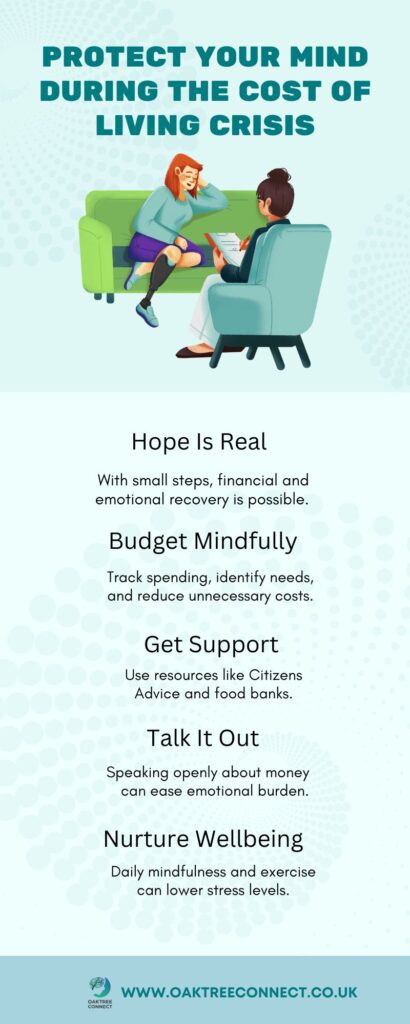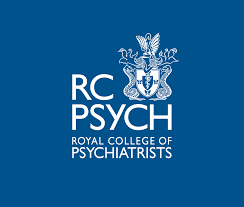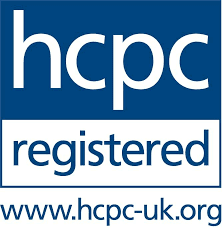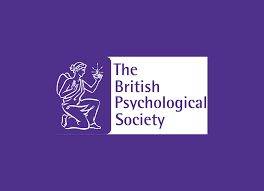Coping with Job Loss-Related Depression: Signs, Support & Solutions

"When everything seems to be going against you, remember that the airplane takes off against the wind, not with it."
— Henry Ford
The psychological impact of losing a job is frequently underestimated. Redundancy or Job loss can trigger emotional reactions similar to grief, often leading to situational depression. From a clinical perspective, unemployment is not only a socioeconomic issue, it is a mental health risk factor. Numerous studies show that job loss significantly increases the risk of developing depressive symptoms, particularly among individuals with limited coping mechanisms or support systems.
Clinical Symptoms of Layoff-Related Depression
As a psychiatrist, I look for specific diagnostic patterns when assessing patients experiencing stress due to job loss.
Common signs include:
Depressed mood most of the day, nearly every day
Markedly diminished interest or pleasure in activities
Significant changes in weight or appetite
Sleep disturbances either insomnia or hypersomnia
Fatigue or low energy
Feelings of worthlessness or inappropriate guilt
Impaired concentration or decision-making ability
Recurrent thoughts of death or suicide
When such symptoms persist for more than two weeks and impair daily functioning, the condition meets the criteria for Major Depressive Disorder (DSM-5).
Evidence:
A study from the Journal of Affective Disorders found increased depressive symptoms among the unemployed.
Psychological Response: Why Job Loss Triggers Depression
Unemployment affects an individual’s identity, routine, and sense of purpose. This loss of structure and meaning combined with financial stress can activate maladaptive thought patterns and elevate cortisol levels, biologically linked with depressive episodes.
Additionally, a paper published in the American Journal of Public Health concluded that unemployment significantly raises the risk of clinical depression and lowers self-rated health.
Stress After Job Loss: How It Manifests
Not all post-job-loss reactions qualify as clinical depression. Many individuals initially face adjustment disorder, which may include:
Emotional distress and anxiety
Difficulty accepting the job loss
Mild social withdrawal
Increased irritability
Disrupted sleep
If unmanaged, adjustment issues can progress to chronic depression or anxiety disorders.
Medical Recommendations for Recovery
From a psychiatric standpoint, managing depression after redundancy requires a multi-modal approach:
Accurate Diagnosis: Ruling out medical causes (e.g., thyroid dysfunction), and confirming depression or adjustment disorder through structured interviews.
Psychoeducation: Helping patients understand that their symptoms are valid psychological responses, not character flaws.
Cognitive Behavioural Therapy (CBT): One of the most evidence-backed therapies for job-loss-related depression.
Antidepressants: In moderate to severe cases, SSRIs such as sertraline or fluoxetine may be prescribed.
Social Support Mobilization: Encouraging patients to reconnect with family, peer networks, and professional groups.
Physical Activity: Studies have consistently shown that exercise improves mood and reduces depressive symptoms.
Mental Health Support After Redundancy: What to Seek
Patients should be encouraged to reach out to professionals early, even before symptoms become severe. Services to consider:
Private psychiatric assessments (as offered at Oaktree Connect)
Talking therapies (CBT, interpersonal therapy)
Support groups for unemployed professionals
Mental health charities or helplines (e.g., Mind UK or Samaritans)
Conclusion
Job loss is not just a career disruption it is a psychological trauma for many. Depression following redundancy is real, diagnosable, and treatable. With early intervention, structured treatment, and community support, recovery is highly achievable.
If you or someone you know is struggling with mental health issues following job loss, professional help is available. At Oaktree Connect, we offer psychiatric assessments and evidence-based interventions tailored to individual needs.
- Paul KI, Moser K. Unemployment impairs mental health: Meta-analyses. Journal of Vocational Behaviour. 2009. https://www.sciencedirect.com/science/article/abs/pii/S0001879108000821?via%3Dihub
Gallo WT et al. The impact of involuntary job loss on mental health. American Journal of Public Health, 2006. https://ajph.aphapublications.org/doi/10.2105/AJPH.2011.300327
Harvard Health Publishing. Exercise and Depression.
https://www.health.harvard.edu/mind-and-mood/exercise-and-depression-report-excerptNIMH. Depression Basics.
https://www.nimh.nih.gov/health/publications/depressionChoosing Therapy. Job Loss Depression: Signs, Symptoms & Ways to Cope. https://www.choosingtherapy.com/job-loss-depression/
Disorder Related Blogs
- Anorexia Nervosa: Recognise the Quiet Killer
- Patient Talk - What Does Severe Clinical Depression Feel Like?
- Dear Mum: A Story by an Oaktree Patient with Depression
- SCHIZOPHRENIA – A Poem
- Autism: Dispelling Myths
- Mental Fitness: “I Have an Addiction”
Lifestyle Related Blogs
- Preventing Online Burnout
- Sad at Christmas? Help Is at Hand
- Burnout at Work
- Mental Fitness: How to Beat Stress
- Mental fitness: Brain Stimulation Therapy
- Mental Fitness: When Should You Stop Driving?
- Mental Fitness: “Let Us Talk About It”
- How to Combat Work-Related Stress
- Foods that make you happy
- Business Spending on Mental Health, Worth it?
- Employers Need More Awareness of Mental Health Issues
Other Blogs
Are you a leader and need mentoring or coaching? We may be able to help. Contact us at contact@oaktreeconnect.co.uk.
Dr Singh is the consultant psychiatrist with a special interest in neuropsychiatry. Having seen and treated hundreds of patients with ADHD, in London and Birmingham and with masters in Neuropsychiatry, she is well known as an expert in this field.
Contact:
Email – clinicadmin@oaktreeconnect.co.uk
Telephone – 020 39277699
Recent Blogs
Oaktree Connect Fees & Pricing for Other Services
There may be additional fees payable after your assessment, for which you will receive an invoice: for example, for the costs for prescribing medication agreed between you and the psychiatrist at the time of assessment. We try our utmost to stay within the time allocated for the appointment however, you could be charged for any extra time spent in the consultation, if the meeting runs over the allocated time, or where communications with you or reviewing notes etc. exceeds what is deemed reasonable, but this is at the discretion of the clinician.


